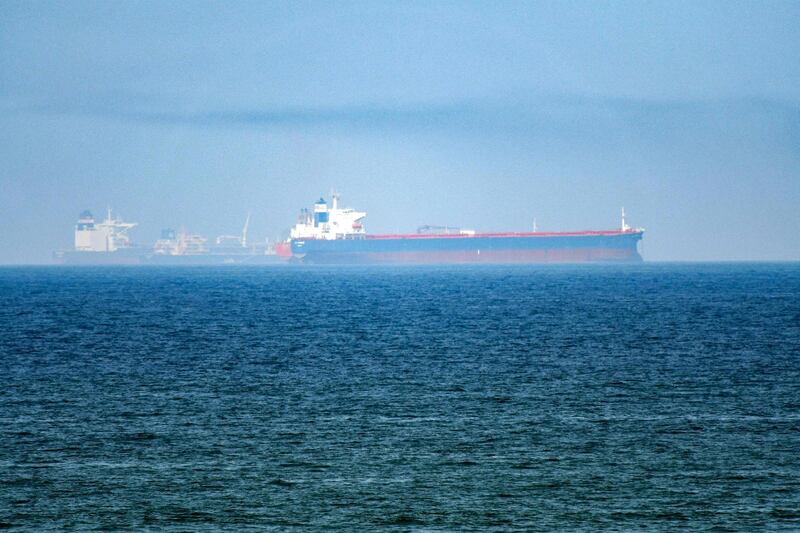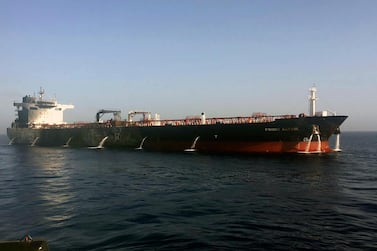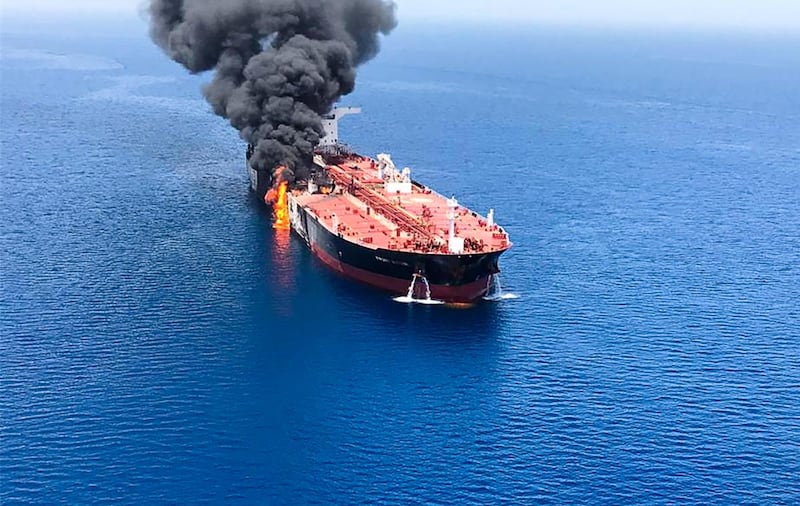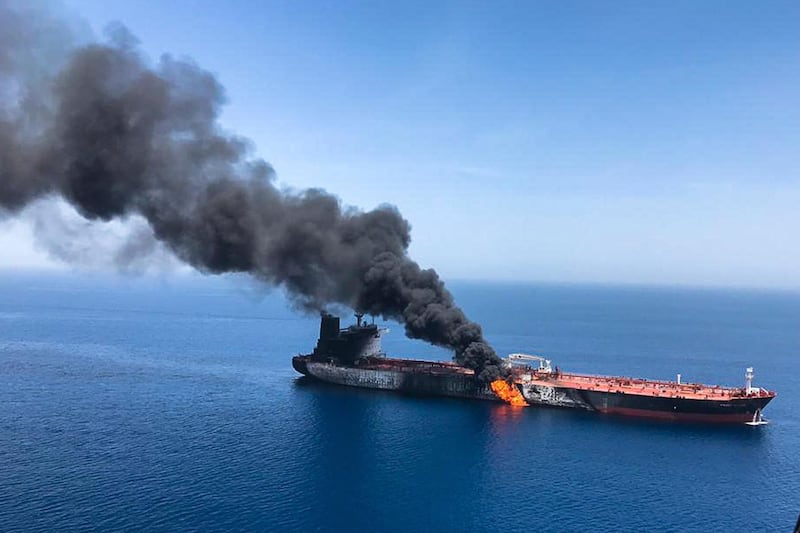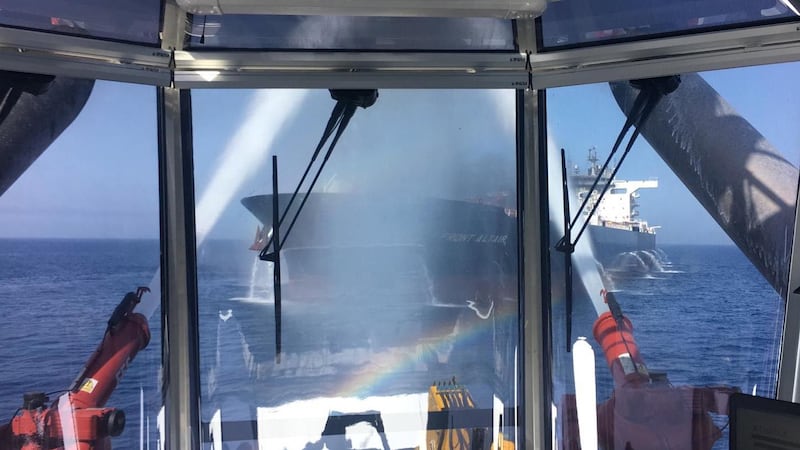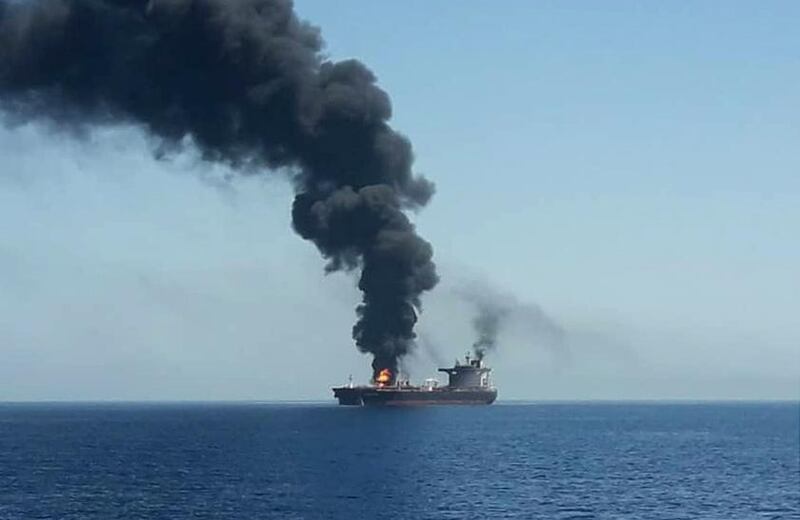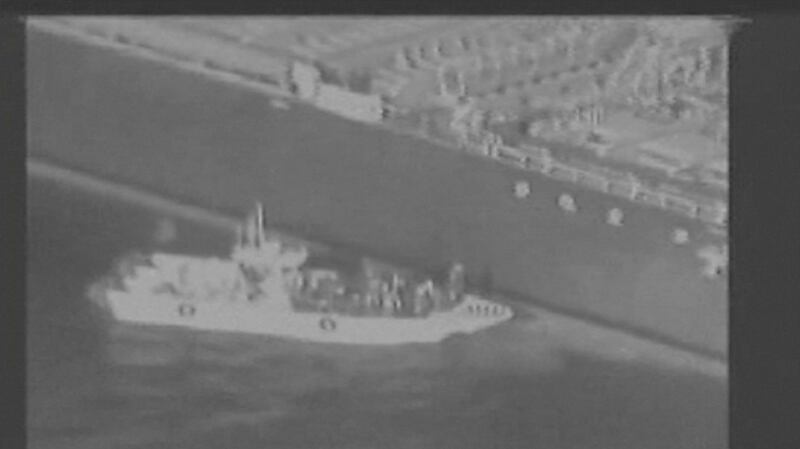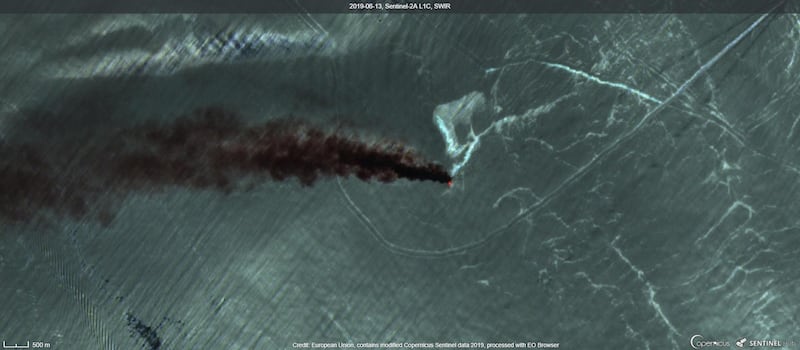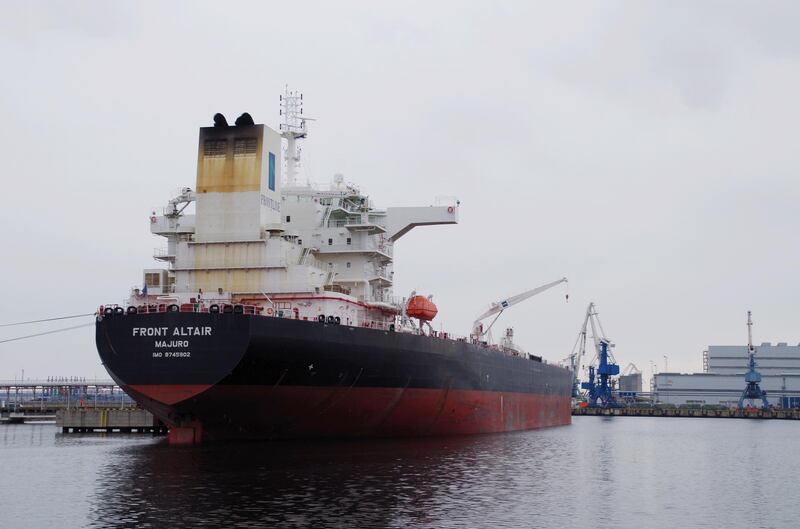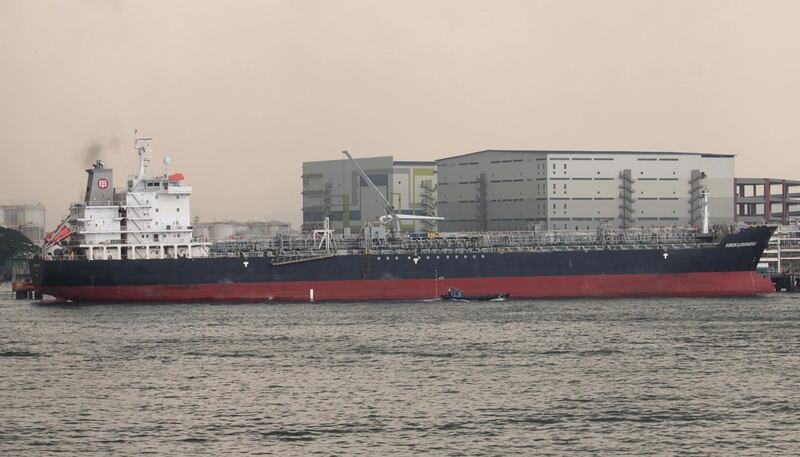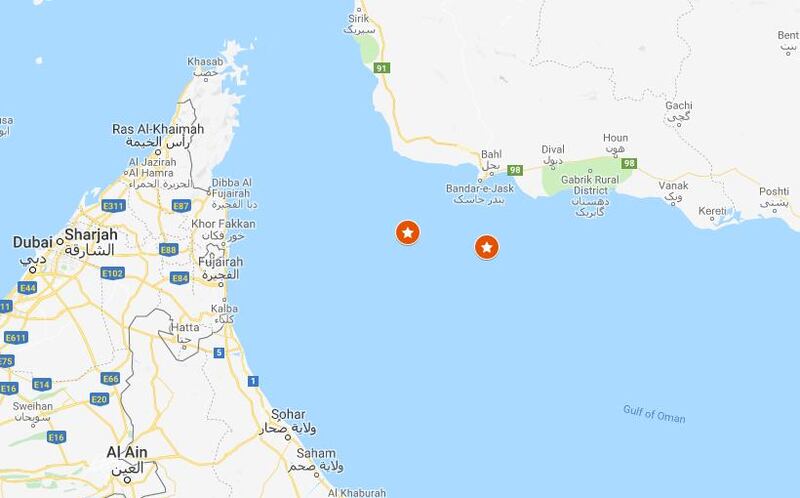The European Union said it was examining intelligence assessments supplied by the US and UK over tanker attacks in the Arabian Gulf, but stopped short of backing the allies' conclusions that Iran was responsible for the bombings.
Several foreign ministers arriving for a meeting in Luxembourg on Monday backed the call by UN Secretary General Antonio Guterres for an independent investigation.
“We know the findings of the American and the British intelligence services, which assume that you can be almost certain,” said German Foreign Minister Heiko Maas. “We are comparing this with our information. I think you have to proceed very, very carefully on this.”
EU foreign policy chief Federica Mogherini said it was not a time to jump to action without proper information. "The maximum restraint and wisdom should be applied," she said
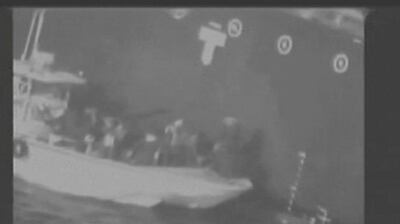
The response from the EU was in contrast with the bullish US assessment that Iran was responsible for the attacks. The EU is scrambling to save the Iran nuclear deal after President Donald Trump pulled the US out and reimposed tough sanctions on the Islamic Republic.
Britain, which is part of efforts seeking to preserve the nuclear deal, concluded last week that the blame for the attacks on the Norwegian and Japanese-owned tankers “almost certainly” lies with Iran.
British Prime Minister Theresa May was expected to meet her senior security officials to discuss plans to protect the UK's interests in the region.
Reports suggested the UK was preparing to send extra marines to protect British ships following attacks on six vessels in a month. Defence Minister Tobias Ellwood said the UK had a substantial presence in the Middle East and "we will be determined to protect our assets and our interests in the region".
Mark Grant, former national security adviser to the prime minister until 2017, told the BBC there was little doubt that the Iranian Revolutionary Guard was behind the attack.
He said it was unlikely that other state or non-state actors were responsible. “False flag operations do happen but I don’t think it’s very likely in this case,” he said. “Yes, Saudi Arabia is an enemy of Iran but they don’t want a wider conflict with Iran at this stage, they are already enmeshed in Yemen.”
The British government also said last week that it was "confident" Iran was responsible for attacks on four oil tankers near the port of Fujairah in May. Iran has previously threatened to block the Strait of Hormuz in protest against US policies in a move that would severely disrupt the movement of oil supplies around the world.
The UK's ambassador to Iran disputed Iranian media claims that he had been summoned for a dressing-down after Britain said the Islamic Republic was probably to blame. "I asked for an urgent meeting with the foreign minister yesterday and it was granted," said Rob Macaire.
Interesting. And news to me. I asked for an urgent meeting with the Foreign Ministry yesterday and it was granted. No ‘summons’. Of course if formally summoned I would always respond, as would all Ambassadors.
— Rob Macaire (@HMATehran) June 16, 2019
The UK's former foreign secretary Jack Straw – who was involved in the UK's decision to invade Iraq in 2003 based on dubious intelligence claims – said it was likely that Iran was behind the tanker attacks last week.
“I don’t think Mr Hunt would have said that unless there was a clear intelligence basis,” he told the BBC. “I’ve got the scars on my back for the errors we made over Iraq in 2003. You should always be challenging, but not sceptical to the point of having closed ears.”
He said the UK should prepare naval patrols and use commandos to protect the narrow shipping lane, and seek to use intermediaries with Iran to reduce tensions. Reports suggested that troops would operate from naval vessels, using speedboats and helicopters to protect shipping in the region.
Mr Grant said that China had an important role to play in easing tensions as it is a major consumer of Iranian oil and did not want prices to rise because of increased costs of shipping through the Strait of Hormuz.
Mike Pompeo, the US Secretary of State, said he was calling European and Asian leaders to convince them that Iran was behind the attacks and on the diplomatic effort aimed at keeping the Strait of Hormuz clear and open to shipping.
“I made a bunch of phone calls yesterday. I'll make a whole bunch more calls today. The world needs to unite,” Mr Pompeo said.
